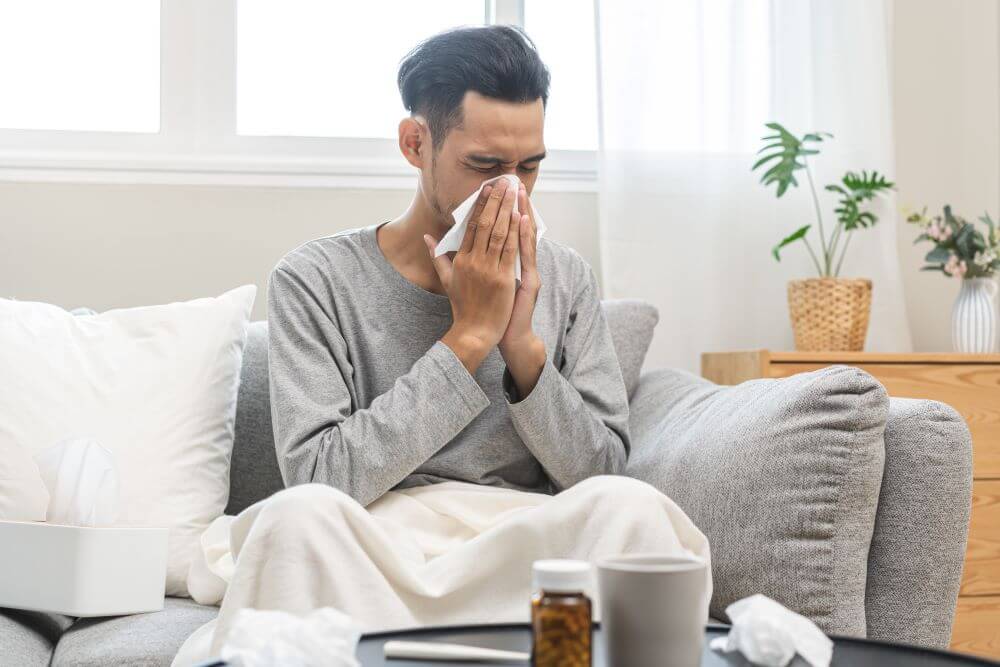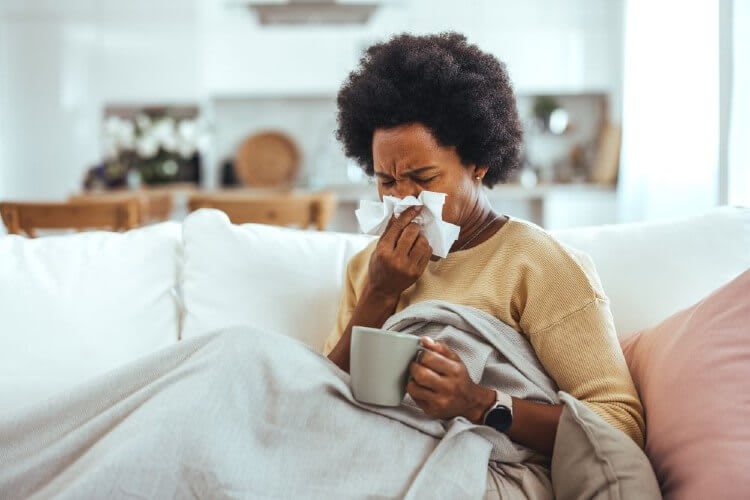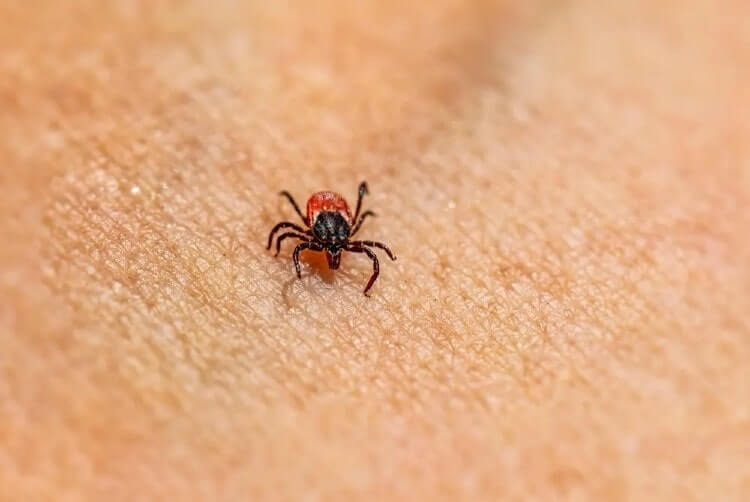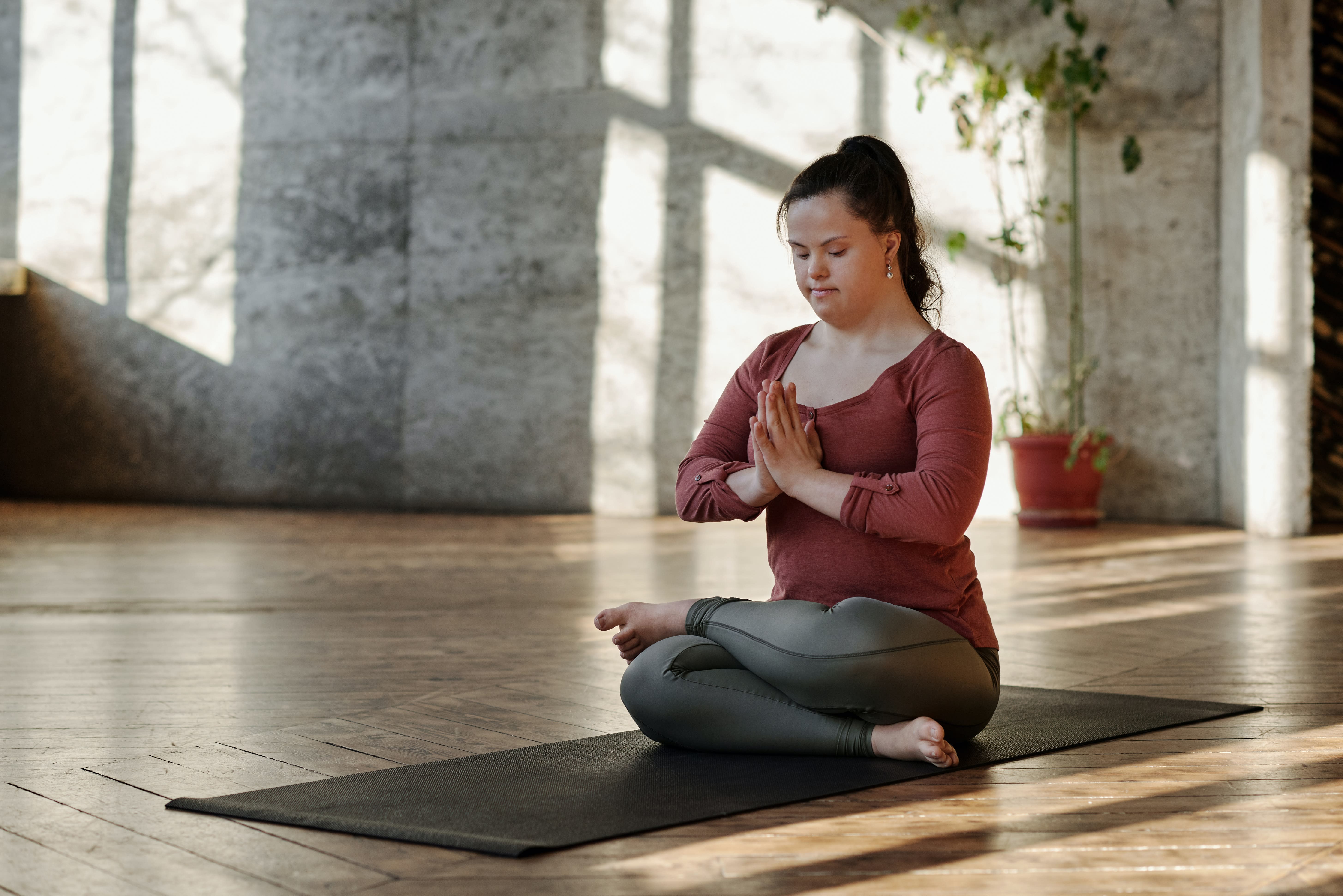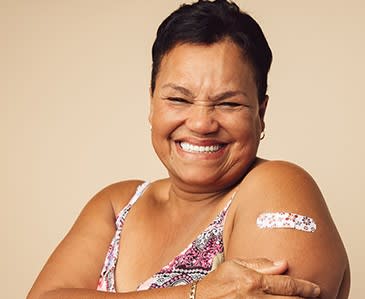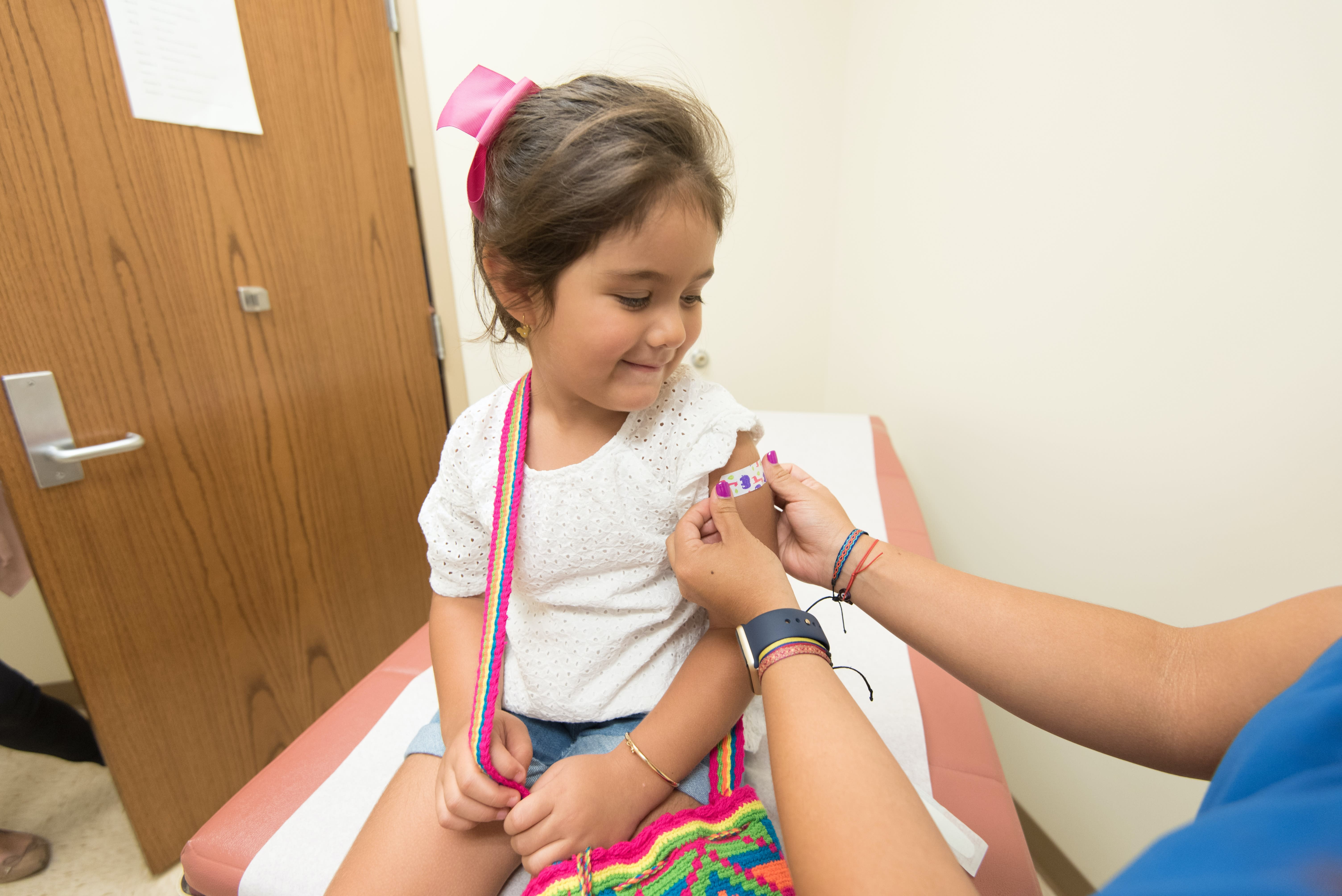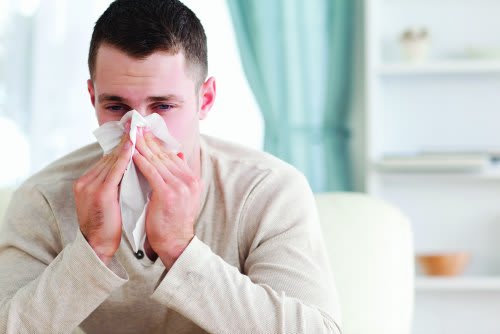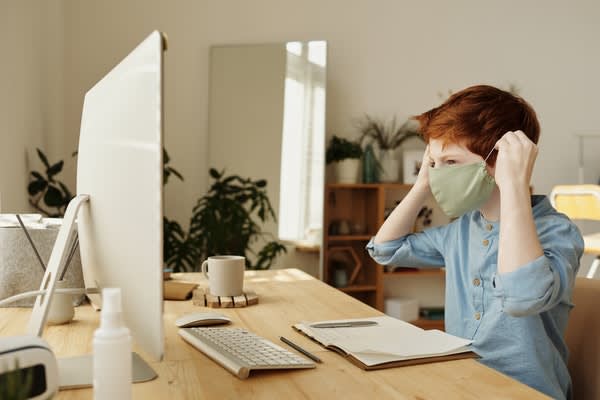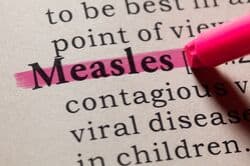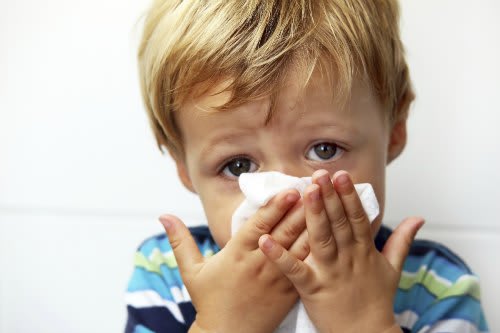Tim Kenefick, MD, Stamford Health Medical Group Pediatrics and Advisor to Darien Public Schools and Asha Shah, MD, Associate Director, Department of Infectious Diseases
Committed to Your Safety
Stamford Health is dedicated to stopping the spread of infectious diseases such as COVID-19. Get service updates, answers to questions and learn how to help in the greater Stamford CT community.
COVID-19 has brought countless changes not only to our day-to-day routine in Fairfield and Westchester counties, but to society as a whole. One pressing topic parents are pondering is their child’s return to school in the middle of the pandemic. Stamford Health’s infectious disease and pediatric experts aim to answer some of the most popular questions about returning to school for this coming academic year.
Will Connecticut schools be open in the fall?
The state of Connecticut and the Connecticut State Board of Education support the safe and careful reopening of schools for the 2020-21 academic year.
Please note that COVID-19 is still an evolving situation and public health data needs to continue to fully support the plan to reopen schools.
Is it safe for my child to go back to school in Fairfield or Westchester County?
There isn’t a simple answer to this. Going back to school may look different for each family. Whether your child returns to school virtually, or in person, we want to emphasize the importance of not putting academics on hold, just as no one should put their health on hold.
If you look at just the facts, you may feel safer about your child going back to the classroom:
- Fewer infections – Connecticut has significantly fewer cases of COVID-19 than in April and May when the virus peaked. Current infection rates in Connecticut are among the lowest in the nation.
- Required precautions – Every school is prepared to exercise an abundance of caution. This includes social distancing, wearing masks when possible and appropriate, thorough and frequent sanitization of classrooms and other common areas, and symptom screening.
- Lower risk in children – COVID-19 carries a very low risk of serious illness in children especially young, healthy children. It’s possible that children are less likely to spread the virus to others, although more research is needed on this topic. Families with higher-risk loved ones at home should consider the risk of kids attending school and talk to their doctor about any concerns.
- Careful watching – The real risk is to older members of the community such as faculty and staff and contacts of children outside of school, like grandparents. This is why public health and school officials are watching infection rates and other information carefully and may advise changes to school plans if the situation in the community changes.
How can I help my child feel less nervous about going back to school?
First, do your best to calm your own anxiety—schools are putting many measures in place in order to create as safe an environment as possible. There are several coping strategies experts recommend to help your school-aged child navigate COVID-19 and what it means for their daily life. Start with the following:
- Encouragement – Remind your child that the virus most likely does not make healthy kids very sick, but they need to be careful just like everyone else. Tell them this is a team effort and we are all in this together.
- Healthy habits – Educate your kids on the importance of wearing masks (no valves, please!) or cloth face coverings, frequent hand washing and social distancing, especially when inside. Practice makes perfect, so use the rest of summer to start these healthy habits now.
- “New normal” – To reduce spread, kids will spend much more time in just one group or class (“cohorting”), will not be able to move as freely through school facilities and may not be able to sit wherever they want on the bus but we all have to do our part to help keep the community, and everyone we care about, safe.
- Open communication – Reassure your child and give them honest and simple answers to their questions at an age-appropriate level. You may say, “We are doing some new things to keep safe just like we wear seat belts and bike helmets.” See also: calming some of the anxiety your child may have around COVID-19.
- Routine – Going to school, having a schedule, seeing friends and doing homework (yuck!) are all good for kids. Make healthy habits part of a “new routine.” Kids often adapt faster than adults to new routines.
 What else should I know or ask about precautions schools are taking against COVID-19?
What else should I know or ask about precautions schools are taking against COVID-19?
Many school districts have had numerous conversations about the pandemic’s impact on the school system. It all comes down to prioritizing learning and safety for your child. Fortunately, most districts are arranging remote learning options for absent kids (and those who may choose remote learning for medical reasons).
For the new academic year and beyond, please keep the following in mind:
- Don’t delay care – Schedule check-ups and vaccines as recommended by your pediatrician. This includes yearly flu shots or necessary vaccines for any preventable illness to make schools even safer this year especially.
- Be prepared for absences – Most schools will have much stricter criteria for exclusion from school and longer times required to stay at home.
- Any symptoms consistent with COVID-19 will require staying home or being promptly sent home.
- Many schools will allow a child back in school with a note from their doctor.
- If your pediatrician has reason to believe your child has COVID-19, he or she may need to isolate for 10 days.
- Please be patient – We are still awaiting further recommendations from the State Departments of Education and Health on return-to-school criteria and recommendations.
Helpful Resources:
- American Academy of Pediatrics: Return to School During COVID-19
- Centers for Disease Control and Prevention: Considerations for Schools
Featured Expert/ Author



